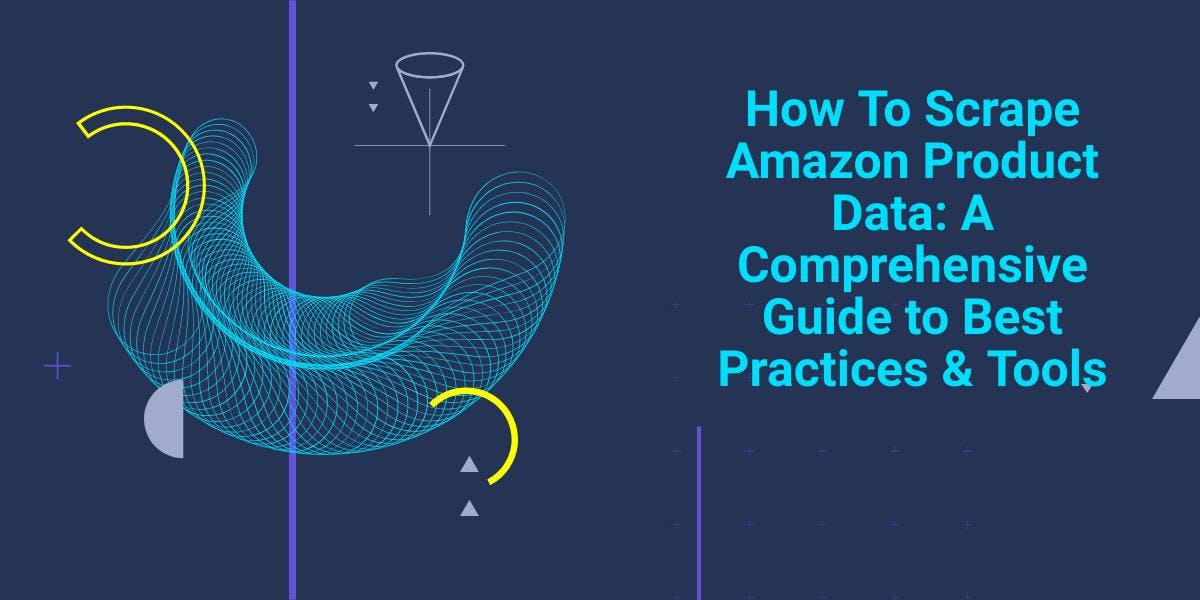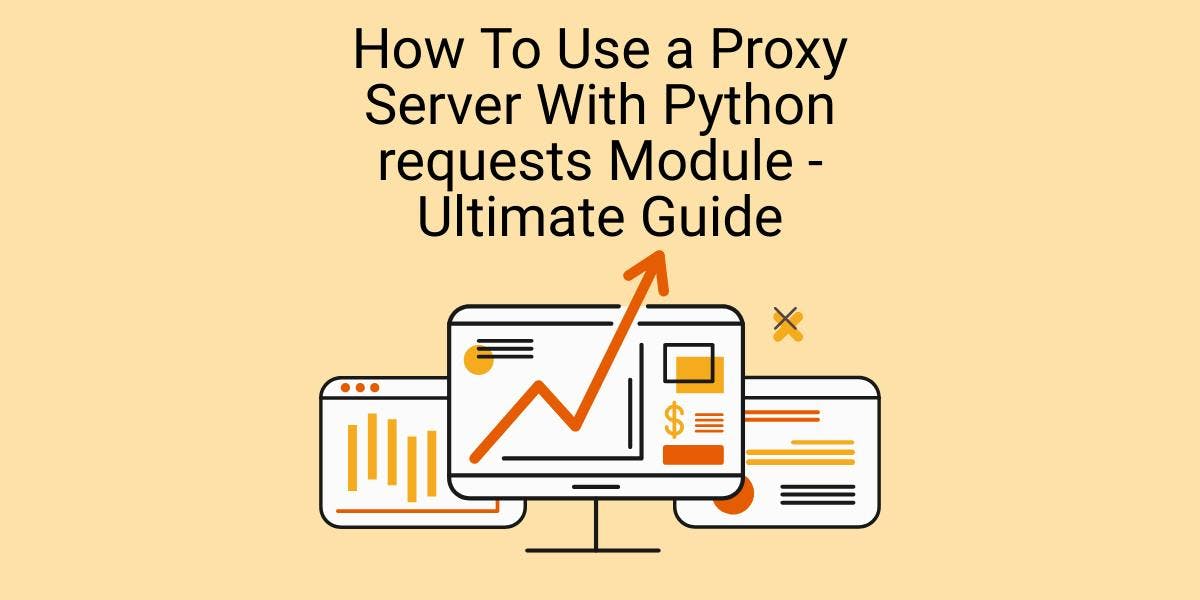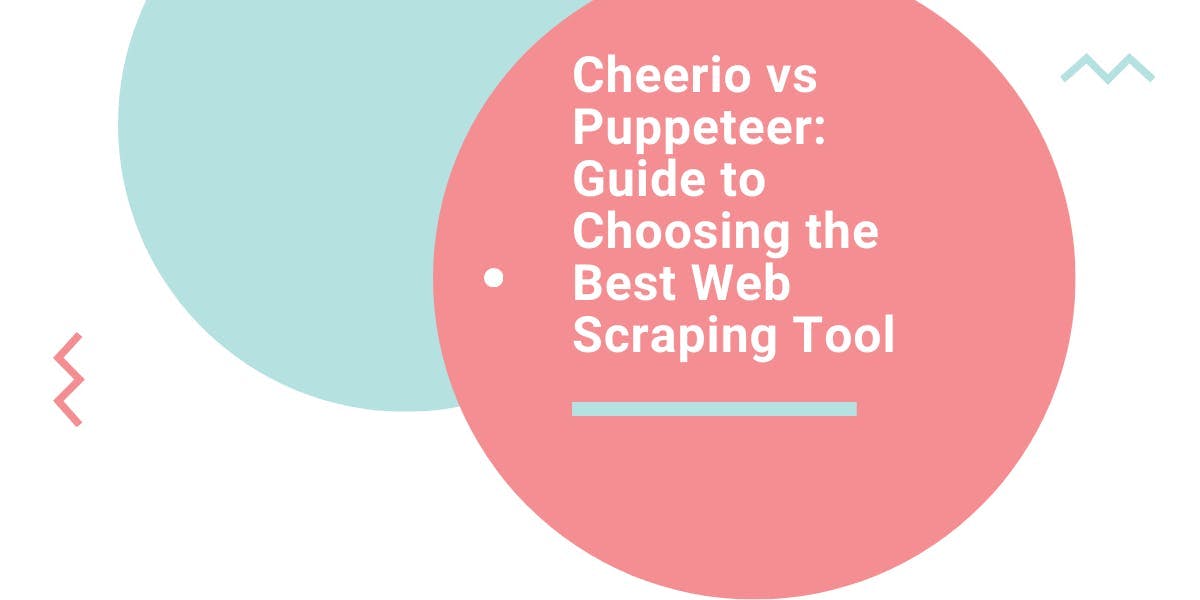The Ultimate Guide to Testing Proxies for Successful Web Scraping
Suciu Dan on Nov 15 2022

Web scraping is a valuable technique for collecting data from websites. Whether you're conducting market research, monitoring competitor activity, or gathering information, web scraping can provide valuable insights. However, when scraping data at scale, it is important to use proxies to avoid IP bans, throttling, and other anti-scraping measures. In this article, we will explore the importance of testing proxies for web scraping and provide tips for maximizing success and security.
Why Use Proxies for Web Scraping?
When scraping data from websites, you send numerous requests to the server. This can raise flags for the server and cause it to take action against your IP address, such as blocking your access. Additionally, some websites have measures in place to detect and prevent web scraping, which can include throttling requests or captcha challenges.
Using proxies can help you circumvent these measures by allowing you to make requests from a variety of IP addresses, making it more difficult for the website to detect that it is being scraped. It also allows you to distribute your requests across multiple IP addresses, which can reduce the likelihood of triggering anti-scraping measures.
However, not all proxies are created equal. It is important to test proxies before using them for web scraping to ensure they are reliable, fast, and secure.
How to Test Proxies for Web Scraping
When testing proxies for web scraping, there are a few key factors to consider: speed, reliability, and security.
Speed: One of the most important factors to consider when choosing a proxy is speed. Slow proxies can significantly impact the success of your web scraping efforts, as they can lead to timeouts, failed requests, and delays. To test the speed of a proxy, you can use tools such as cURL or fast.com. These tools will provide a performance score and load time for the proxy, giving you an idea of how quickly it will be able to serve your requests.
Reliability: Another important factor to consider is reliability. You want to choose a proxy that is highly available and rarely experiences downtime.
Security: Finally, security is also an important consideration. You want to choose a proxy that is secure and protects your privacy. To test the security of a proxy, you can use tools such as SSL Labs or Qualys SSL Labs. These tools will check the security of the proxy's SSL certificate and provide a security score.
Once you have tested the speed, reliability, and security of a proxy, you can choose the best one for your web scraping needs. However, it is also important to monitor the proxy's performance over time to ensure it continues to meet your needs.
Tips for Maximizing Success and Security with Proxies
In addition to testing proxies, there are a few tips you can follow to maximize your success and security when web scraping.
Use rotating proxies: Instead of using a single proxy for all your requests, consider using rotating proxies. Rotating proxies change IP addresses after a certain number of requests, making it more difficult for websites to detect and block your scraping activity.
Avoid scraping during peak hours: Scraping during peak hours, such as weekdays during business hours, can increase the likelihood of triggering anti-scraping measures. Try to scrape during off-peak hours or spread your scraping over a longer period of time.
Use a user agent: A user agent is a string of text that identifies your scraping tool to the website. By using a user agent, the website can recognize your activity as legitimate and reduce the likelihood of triggering anti-scraping measures. You can customize the user agent to make it appear as if your scraping activity is coming from a browser or other legitimate tool.
Implement error handling: When web scraping, errors can occur for a variety of reasons. To ensure that your web scraping script can handle errors gracefully, it is important to implement error handling. This can include retrying failed requests, logging errors, and notifying administrators of any issues.
Monitor your scraping activity: Finally, it is important to monitor your web scraping activity to ensure that it is not triggering anti-scraping measures or causing other issues. This can include monitoring your scraping speed, IP addresses, and other metrics.
Tools for Testing Proxies and Web Scraping
There are a number of tools available for testing proxies and web scraping, including:
Selenium: Selenium is a powerful tool for automating web browser interactions, including web scraping. It can be used to test proxies and to scrape data from websites.
Scrapy: Scrapy is a Python framework for web scraping. It includes a number of built-in features for testing proxies and for handling anti-scraping measures.
Beautiful Soup: Beautiful Soup is a Python library for parsing HTML and XML documents. It can be used to extract data from websites, and can be integrated with other web scraping tools.
Charles Proxy: Charles Proxy is a web debugging proxy that can be used to test proxies and monitor web scraping activity. It includes a number of features for analyzing HTTP traffic and identifying issues.
Proxies are a valuable tool for web scraping, but it is important to choose the right proxy and to test it thoroughly before use. By following the tips in this article, you can maximize the success of your web scraping efforts and protect your online security and privacy. Whether you are a beginner or an experienced software developer, there are a variety of tools and techniques available to help you get the most out of your web scraping projects.
News and updates
Stay up-to-date with the latest web scraping guides and news by subscribing to our newsletter.
We care about the protection of your data. Read our Privacy Policy.

Related articles

Explore the complexities of scraping Amazon product data with our in-depth guide. From best practices and tools like Amazon Scraper API to legal considerations, learn how to navigate challenges, bypass CAPTCHAs, and efficiently extract valuable insights.


Discover how to set up and utilize the Python Requests Proxy module. You can avoid bans and overcome web scraping challenges with the appropriate proxy settings.


Comparing Cheerio and Puppeteer for web scraping? Features, benefits, and differences covered. Tips included. Choose the best tool for you.
